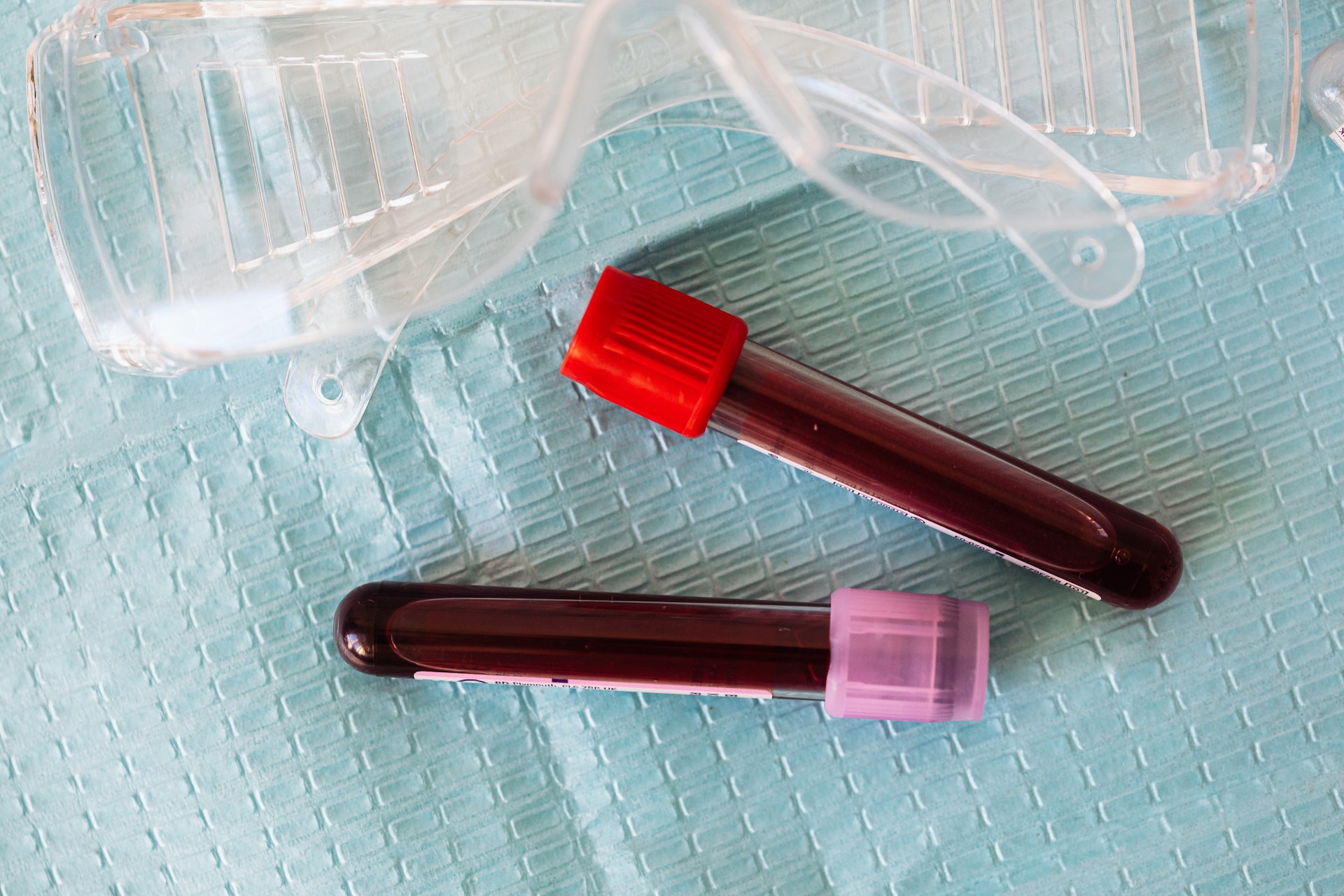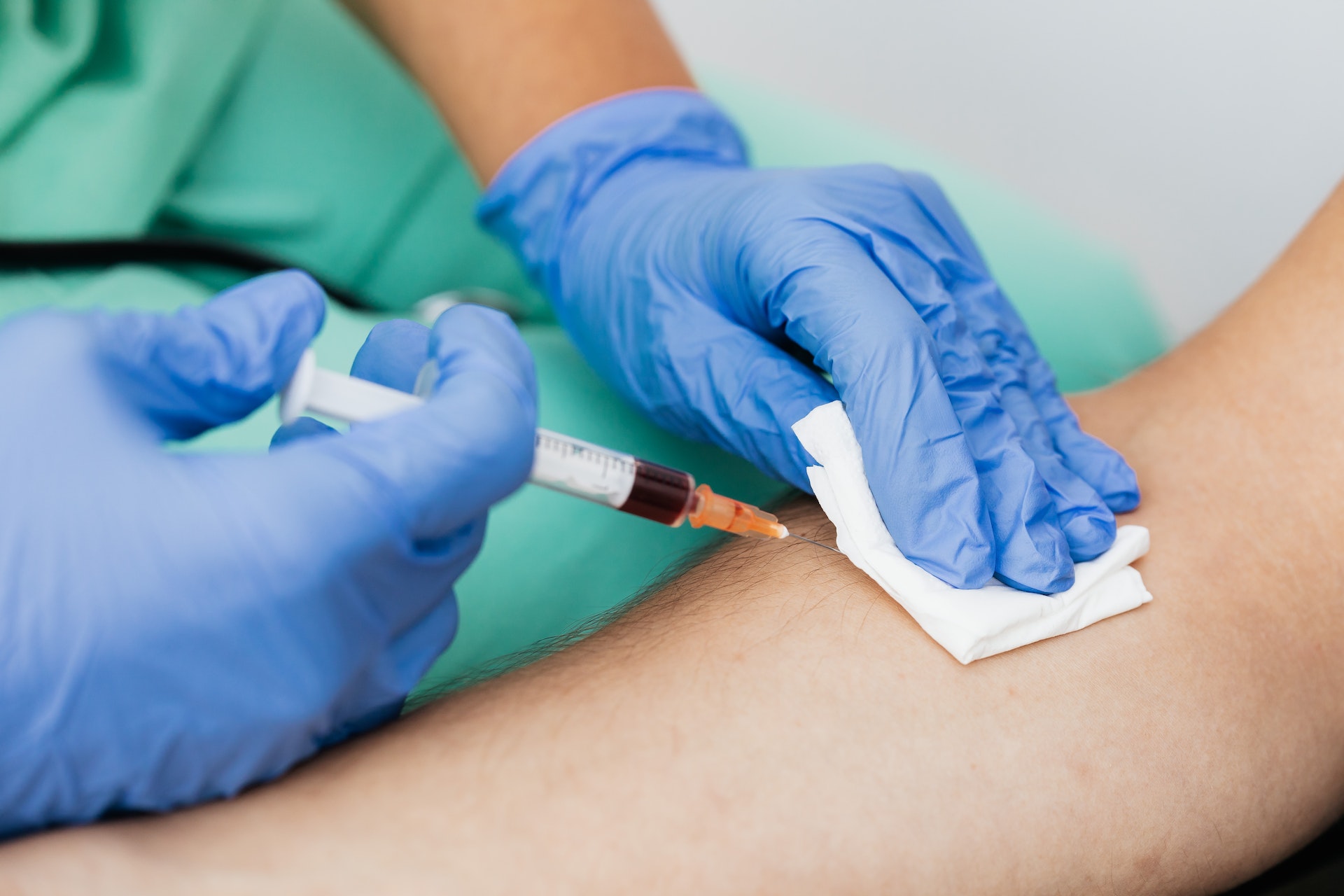Blood tests are a common and essential tool in modern healthcare, providing valuable insights into a person’s overall health and well-being. While the idea of a needle puncturing your skin might be intimidating, understanding the purpose and process of blood tests can help alleviate any anxiety. In this friendly and informative guide, we’ll explore the different types of blood tests, what they can reveal, and how to prepare for one.

The Importance of Blood Tests
Blood tests play a crucial role in diagnosing and monitoring various health conditions and diseases. They can provide doctors with vital information about your body’s functioning, enabling them to make informed decisions regarding your treatment and care. Some common reasons for blood tests include:
- Routine health check-ups
- Screening for specific diseases or conditions
- Monitoring an ongoing illness or treatment
- Assessing organ function (e.g., liver, kidney, or thyroid)
- Evaluating your response to medications
Types of Blood Tests
There are numerous types of blood tests, each designed to assess different aspects of your health. Some of the most common blood tests include:
Complete Blood Count (CBC)
A CBC is a comprehensive test that measures various components of your blood, including red blood cells, white blood cells, hemoglobin, hematocrit, and platelets. A CBC can help detect a wide range of conditions, such as anemia, infections, clotting disorders, and immune system issues.
Blood Chemistry Panel
A blood chemistry panel evaluates the levels of various chemicals and substances in your blood, providing insights into your overall metabolic health. This test can assess your liver and kidney function, electrolyte balance, blood sugar levels, and more.
Lipid Panel
A lipid panel measures the levels of fats (lipids) in your blood, such as cholesterol and triglycerides. This test helps assess your risk of developing heart disease and can guide your healthcare provider in developing a personalized prevention plan.
Thyroid Function Tests
Thyroid function tests evaluate the levels of thyroid hormones in your blood, providing insights into the health and functioning of your thyroid gland. These tests can help diagnose thyroid disorders such as hypothyroidism, hyperthyroidism, and thyroiditis.

Preparing for a Blood Test
While many blood tests require no specific preparation, some may necessitate fasting or avoiding certain medications beforehand. Your healthcare provider will inform you of any necessary preparations when ordering the test. Here are some general tips to help ensure a smooth blood test experience:
- Stay hydrated: Drinking water before your blood test can make it easier for the phlebotomist to find a suitable vein and collect an adequate sample.
- Wear comfortable clothing: Choose clothing with loose sleeves that can be easily rolled up to expose your arm for the blood draw.
- Relax: If you’re feeling anxious about the blood test, practice deep breathing or other relaxation techniques to help calm your nerves.
What to Expect During a Blood Test
Blood tests are typically quick and straightforward procedures. Here’s a step-by-step overview of what to expect during a blood test:
- The phlebotomist will clean the area where the needle will be inserted (usually the inside of your elbow) with an antiseptic wipe.
- A tourniquet will be tied around your upper arm to increase blood flow to the veins, making them more visible and easier to access.
- The phlebotomist will insert a needle into a suitable vein and collect the required blood sample in a small tube.
- Once the sample has been collected, the needle will be removed, and a small bandage or cotton ball will be applied to the puncture site to prevent bleeding.
In Conclusion
Blood tests are an indispensable tool in modern healthcare, providing crucial information about your overall health and well-being. By understanding the different types of blood tests and how to prepare for them, you can approach your next blood test with confidence and ease.


